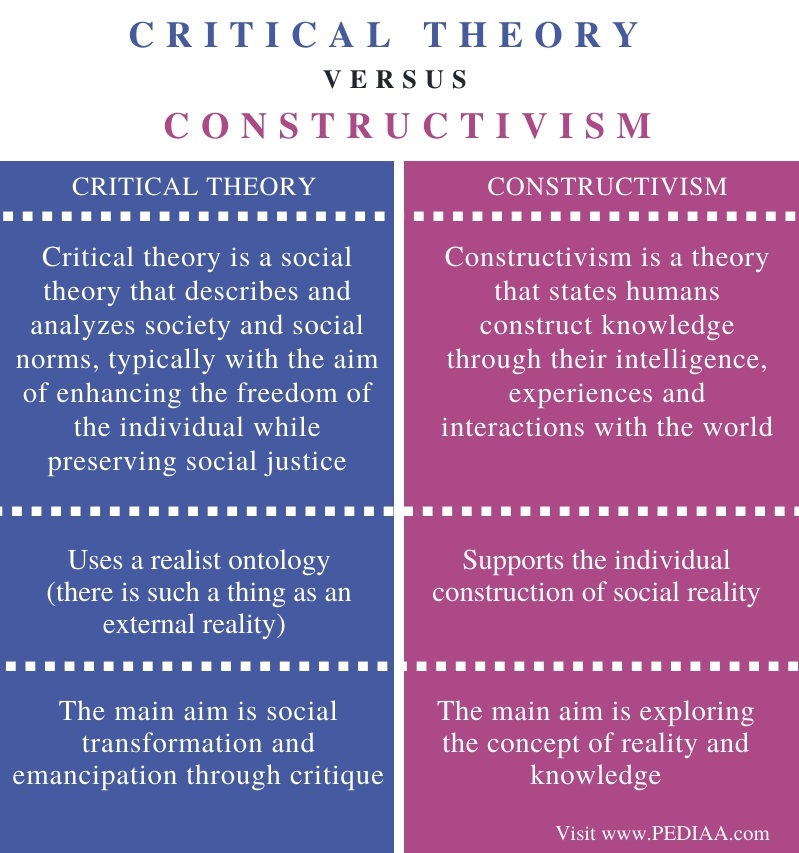
For postmodern constructivists, the subjects (i.e., researchers) and the objects of political research can never be fully separated. The resulting view of science is very far from the positivist ideals of neutrality, universality, and progress. Second, and perhaps more important, most testing methods and procedures are themselves theory driven, and hence biased in favor of the hypotheses they are meant to evaluate. For one thing, the complexity of the sociopolitical reality, where perfect empirical tests are rare, and the ever-present possibility of formulating ad hoc explanations make it very hard, if not impossible, to disprove any theory.

Empirical work, according to postmodern constructivists, can do very little to increase the objectivity of research. For postmodern constructivists, conversely, the presence of unobservable elements in any account of politics, and the need to replace these elements with assumptions and mental constructs, makes theory building necessarily a socially laden enterprise: one in which the formulation of hypotheses on the political world hinges to a large extent on the researcher’s cultural, ideological, and political convictions. Positivism asserts the existence of an objective political reality whose laws can be progressively discovered through the formulation and testing of theories. The most radical of the two variants, postmodern constructivism, points to the role of constructions in the so-called scientific process to attack the positivist underpinnings of mainstream political science.

This disagreement underlies the main cleavage in the constructivist camp-that between postmodern and modern constructivism. While most, if not all, constructivists acknowledge the existence of both dimensions, they are divided as to which dimension should be assigned more weight in the analysis of political phenomena. On the one hand, they provide communities of scholars with common understandings of the reality they face on the other hand, they are intersubjective structures influencing political life. Social constructions operate at the epistemological as well as the ontological level.

Constructions are neither objective, since they exist only by virtue of being agreed on by more or less extended groups of individuals, nor subjective, given their collective nature.

Social constructions are defined as shared interpretations or ideas on how the material world is or should be ordered. The term constructivism encompasses several schools of thought that emphasize the role of social constructions in the study and practice of politics.


 0 kommentar(er)
0 kommentar(er)
